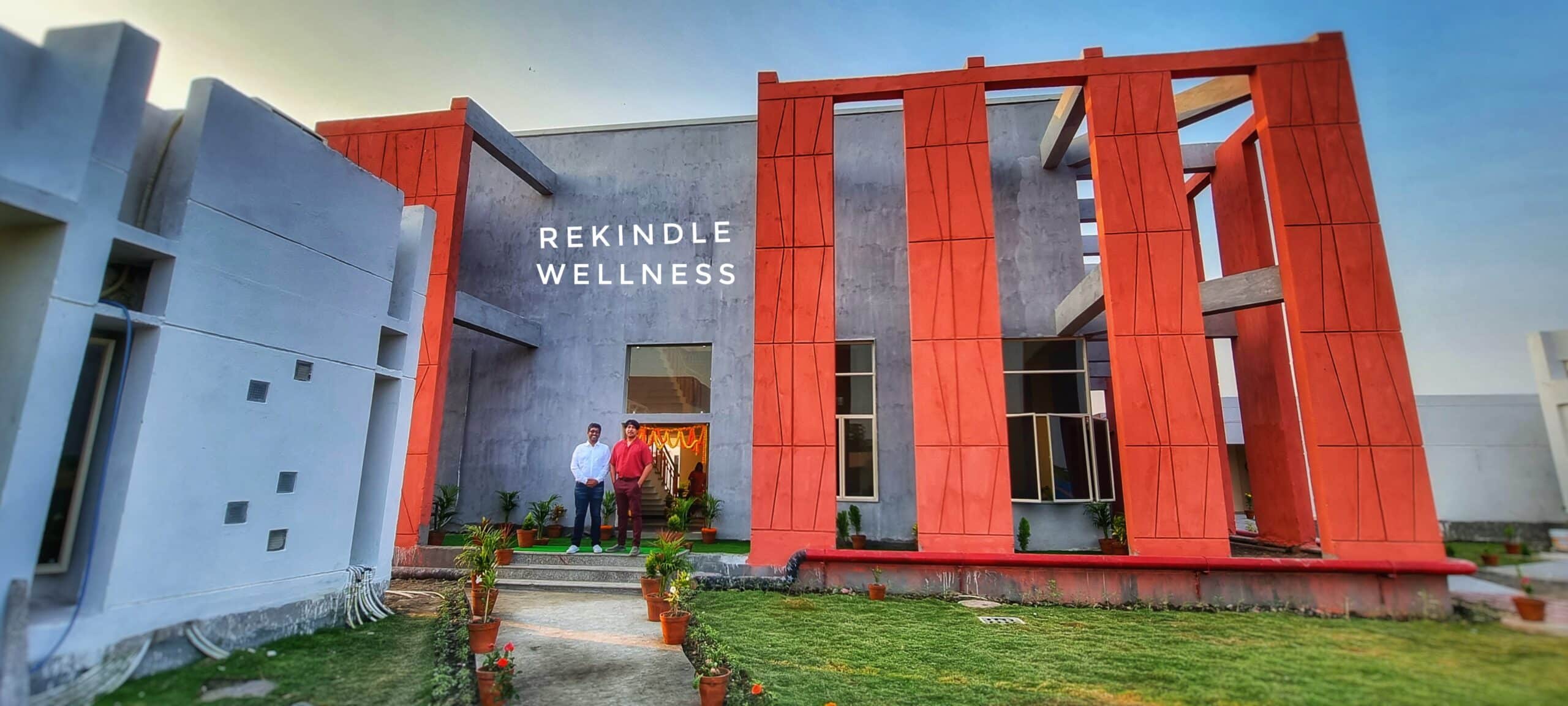Attention-deficit/hyperactivity disorder (ADHD) is a neurodevelopmental disorder that affects millions of people worldwide. It is characterized by symptoms such as hyperactivity, impulsivity, and inattention, which can interfere with a person’s daily life. At [Hospital Name], we understand the impact that ADHD can have on individuals and their families. That’s why we offer comprehensive care and support to help manage this condition.
What is ADHD?
ADHD is a condition that affects the brain’s ability to regulate attention and behavior. It is usually diagnosed in childhood but can also be diagnosed in adulthood. There are three types of ADHD: inattentive type, hyperactive-impulsive type, and combined type.
Causes of ADHD
The exact causes of ADHD are not known, but research suggests that a combination of genetic and environmental factors may contribute to the development of the condition.
Symptoms of ADHD
The symptoms of ADHD can vary from person to person and can include:
- Inattention: difficulty focusing on tasks, forgetfulness, disorganization
- Hyperactivity: restlessness, fidgeting, impulsiveness
- Impulsivity: interrupting others, acting without thinking, taking risks
Diagnosis of ADHD
Diagnosing ADHD involves a comprehensive evaluation that includes a medical and family history, physical exam, and various psychological assessments.
Treatment of ADHD
Treatment for ADHD typically involves a combination of medication and behavioral therapy. Medications for ADHD can help improve attention and reduce hyperactivity and impulsivity. Behavioral therapy can help individuals with ADHD learn coping strategies, develop organizational skills, and improve social skills.
Managing ADHD
In addition to medication and behavioral therapy, there are several practical strategies that can help individuals with ADHD manage their symptoms. These include:
- Creating a routine: establishing a regular schedule for daily tasks and activities
- Eliminating distractions: reducing noise and visual stimuli that can interfere with focus
- Using organizational tools: using tools such as calendars, planners, and to-do lists to stay organized
- Getting support from family and friends: seeking support and understanding from loved ones can be helpful in managing ADHD
When to Seek Help
It is important to seek help if you or a loved one is experiencing symptoms of ADHD that are interfering with daily life. Our experienced mental health professionals at Rekindle Wellness Psychiatric Centre can provide a comprehensive evaluation and develop an individualized treatment plan for managing ADHD.
Our Approach to ADHD Treatment
At Rekindle Wellness Psychiatric Centre, we take a holistic approach to treating ADHD. Our team of mental health professionals works together to provide comprehensive care and support for individuals with ADHD and their families. We believe that a combination of medication, behavioral therapy, and practical strategies can help individuals with ADHD manage their symptoms and improve their quality of life.
Contact us today to learn more about our services for managing Attention-deficit/hyperactivity disorder (ADHD) at Rekindle Wellness Psychiatric Centre.
